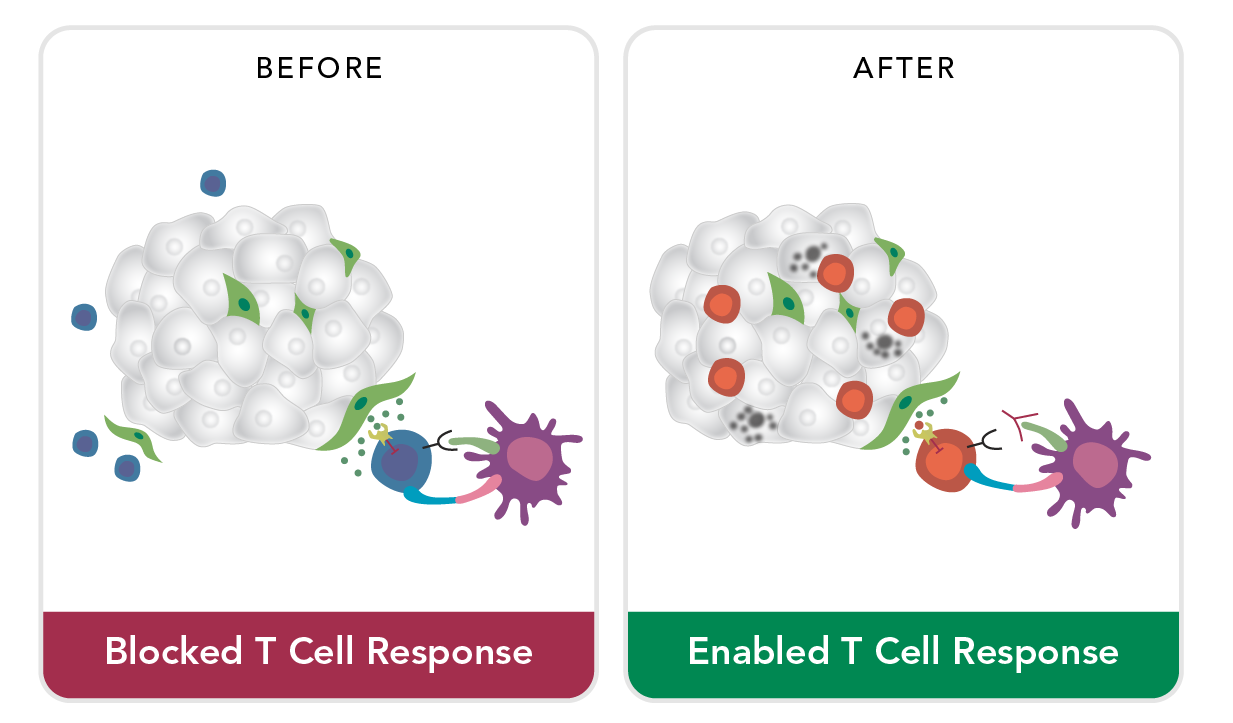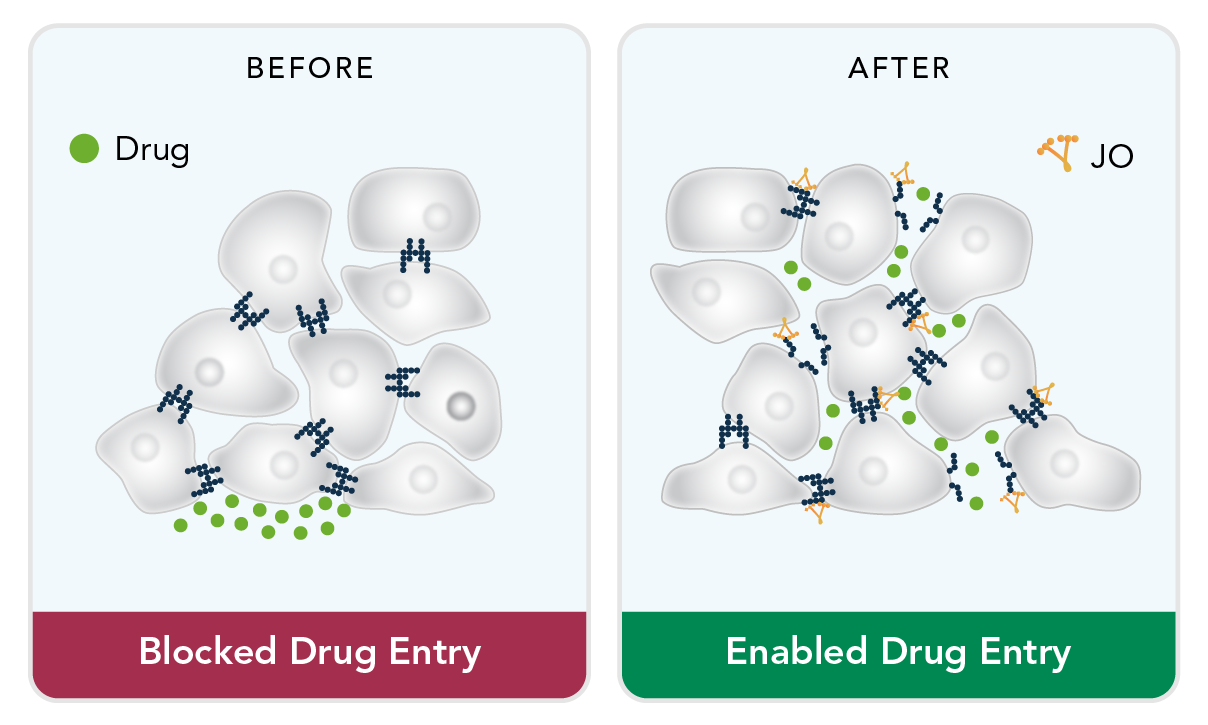Our Technology
Immunotherapeutics
HDT Bio’s LION™ platform naturally enables novel solutions for a range of pathologies, from cancer to infectious diseases. The platform offers increased safety and potency, simplified manufacturing, and improved temperature stability compared to traditional therapeutics, allowing for increased efficacy with the potential for multivalency.

Advantages

Superior Safety
Preclinical and clinical studies have demonstrated a favorable safety profile for HDT Bio’s LION™ platform. Its advanced design and manufacturing processes prioritize rigorous quality control measures, minimizing risks and enhancing patient well-being.

Increased Efficacy
The unique features of LION™ enable precise delivery and robust cellular immune responses, resulting in treatments that effectively prevent and treat diseases.

Durable immunogenicity
With a focus on advancing durability of immune response, HDT Bio leverages the power of our flexible LION™ delivery platform to provide individuals with long-term protection against targeted diseases.

Improved Stability
Simplified Manufacturing

Enhanced Temperature Stability and Shelf Life
Stability is a hallmark of LION™, a unique vaccine delivery platform that can be rapidly manufactured, lyophilized, and stored at refrigerator temperatures. This feature promotes longer shelf-life, while maintaining potency and effectiveness over time.

Cost-Effective Global Distribution
The LION™ platform holds the potential to redefine manufacturing and provide cost-effective solutions for making therapeutics accessible in regions with lower incomes. HDT Bio aims to bridge the gap and ensure that life-saving treatments are available to those who need them most.
Activating RIG-I and TLR3 against Cold Tumors
Although immune checkpoint inhibitors have had success in a subset of patients by enabling the immune system to attack cancer, other patients are non-responsive to such drugs and experience ‘cold’ tumors. RIG-I and TLR3 are expressed by most human cells and are responsible for detecting the presence of viruses and initiating inflammatory and immune stimulating responses. These receptors can be activated by appropriately constructed antigens.
Activation of RIG-I and TLR3 in cancer and infection not only leads to expression of pro-inflammatory cytokines and cancer cell apoptosis but also induces both an innate and adaptive immune response to destroy infected cells and metastases to remain vigilant against recurrence. The combination of pathogen associated molecular patterns, immune activation, and delivery technologies is a breakthrough in the immuno-oncology and infectious disease fields.
RIG-I Pathway Research from Professor Michael Gale, Jr., PhD
Professor Michael Gale, Jr., is a co-discoverer of the RIG-I pathway and its broad actions in innate immunity and immune programming. He is an expert in infectious disease and innate immunity and is an HDT Bio founding scientist and scientific advisor.

Junction Openers
Viral Protein Research from Professor Andre Lieber, MD, PhD and the University of Washington
Professor Andre Lieber and his research team at the University of Washington demonstrated that a virus-derived protein can disrupt cellular junctions in epithelial tissue and that such disruption dramatically increases accessibility to the tumor microenvironment. Professor Lieber is a Scientific Advisor to HDT Bio and continues to publish research demonstrating that engineered versions of the protein can increase affinity for tumor junctions and improve the disruptive capability.
Junction Openers for Tumor Penetrance
Junction Openers (JOs) increase the tumor penetrance, and therefore improve the efficacy of diverse therapeutics including chemotherapeutics (Paclitaxel, Doxil, Cisplatin), antibodies (Herceptin), oncolytic viruses (Adenovirus), and cell therapies.
JO variants have undergone extensive preclinical characterization from bioprocess development through immunogenicity testing. Research has demonstrated that monotherapy with JO helps the immune system attack a tumor. HDT Bio intends to use this approach for currently approved cancer treatments and epithelial tumors, which account for about 80% of cancers.

*Institutional Biosafety Committee (IBC)
On behalf of the institution, IBCs review research involving recombinant or synthetic nucleic acid molecules for compliance with the NIH Guidelines.
